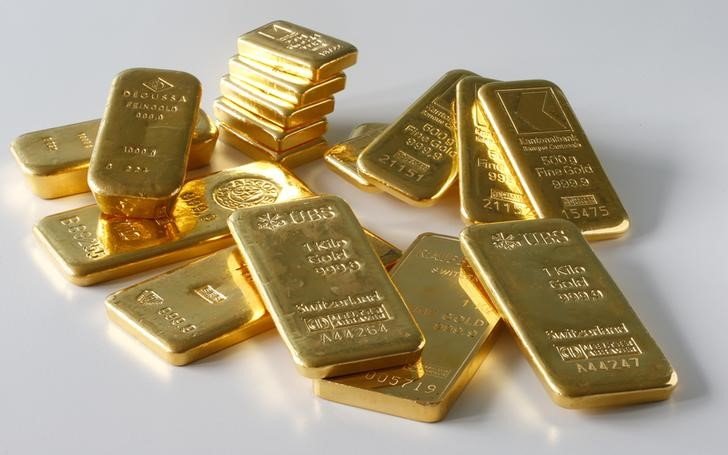According to Citi, the shift in gold ETF flows will be a critical driver for higher gold prices into 2025.
After a prolonged period of de-stocking, Citi analysts expect a significant turnaround in the physically backed gold ETF market, which has historically played a pivotal role in driving gold bull markets.
In their recent note, Citi highlights that the multi-year cycle of gold ETF outflows, which saw ~930 tonnes of bullion shed from November 2020 through May 2024, has likely reached its end.
The analysts forecast a reversal, with gold ETFs expected to contribute a net demand of 275 tonnes by 2025, compared to the net selling of 250 tonnes in 2023. This swing represents a substantial shift in the gold market’s dynamics.
Citi emphasizes that gold ETF inflows are essential for pushing prices higher, particularly as other factors like Chinese gold consumption slow and official sector purchases potentially moderate in the second half of 2024.
The analysts argue that this renewed interest in gold ETFs could drive prices to $3,000 per ounce by mid-2025, supported by factors such as potential Fed rate cuts, increased U.S. recession risks, and heightened market volatility.
Historically, robust gold ETF inflows have been a hallmark of past gold bull markets, including the post-Financial Crisis rally and the 2019-2020 price surge.
Citi projects that the ETF demand share of gold mine supply will increase from 1% in 2024 to 7-7.5% by 2025. This increase, though modest compared to other demand components like jewelry or official sector purchases, marks a significant change in the market, with gold ETFs poised to absorb rather than supply physical stocks.
Citi’s analysis highlights the importance of ETF flows as a key factor in the anticipated rise in gold prices, suggesting that the upcoming period could see a substantial bull market driven by this renewed investment interest.







